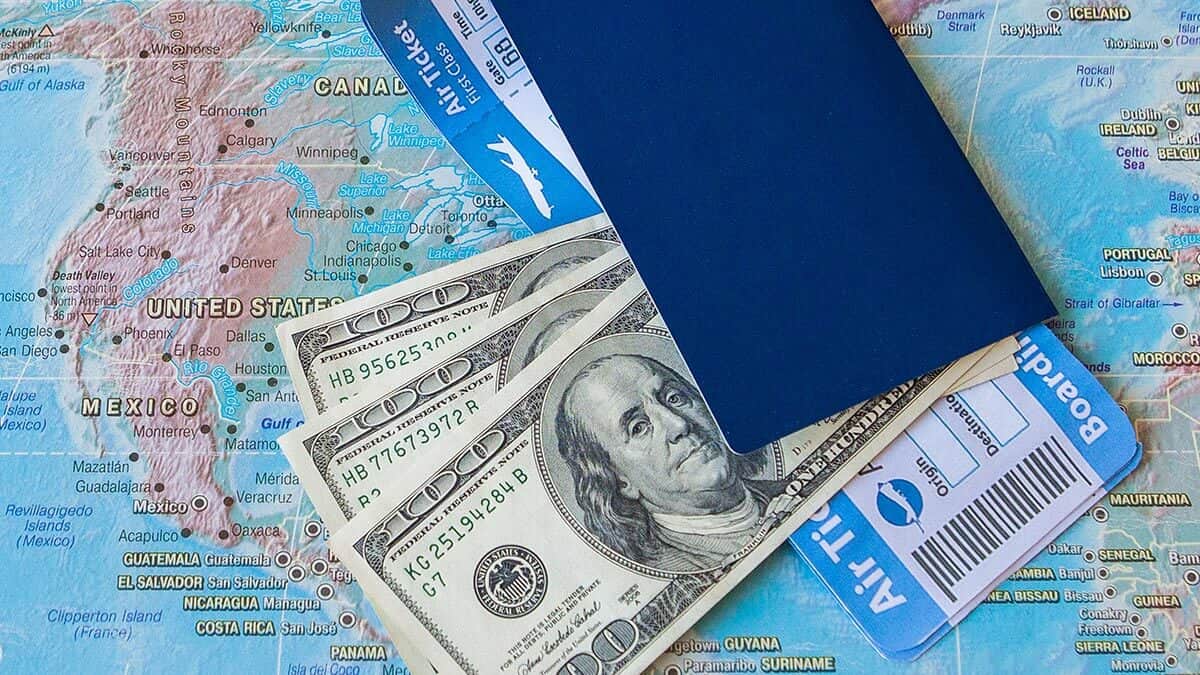Financial literacy is still about managing your money and being aware of financial products and terms. But in the modern age, there is an additional subject to the financial literacy curriculum – keeping your money safe online.
Our finances are being targeted online through direct hacks and clever – and some not-so-clever – scams. Data from the South African Reserve Bank states over 5,000 advance-fee scams have been reported in the last five years alone. Not sure what an advance-fee scam is? Read on to update your knowledge in 2021 and your online financial safety.
The Modern Money Scam Targeting South Africans

source: compareremit.com
There is one type of scam that is being increasingly used by criminals trying to steal money from ordinary people. It is called an advance-fee scam, otherwise known as a 419 scam. This is when scammers request you send them a small amount of money to access a larger amount of money, such as a loan, lost inheritance owed to you, an investment opportunity, or even a lottery win.
Wonga revealed that almost one-third of South Africans who were scammed out of money online within a one-year period (during 2018) was scammed using an advance-fee scam.
How Can I Spot an Advanced-Fee Scam?

source: financialplanningforcanadians.com
If you are ever contacted by someone out of the blue and asked to pay money before receiving more money, it is highly likely that it is a scam. Stick by the rule that if it’s too good to be true, it usually is.
However, there are further ways to identify an advance-fee scam, such as:
- They are telling you that you have won a competition you did not enter.
- You do not know the relative you inherited from (sometimes inheritance teams do track people down, so this can be one of the most convincing scams).
- The loan you are being offered has an incredibly low-interest rate.
- Email addresses and social media are not the same as the company they say they represent.
- They never call you by your name at first, only Sir or Madam.
If you think someone is trying to scam you using an advance-fee scam, you should stop all contact and report them by sending the details to 419SCAMS@SAPS.ORG.ZA.
Other Ways to Keep Your Money Safe Online

source: usatoday.com
Advance-fee scams are just one slice of the pie when it comes to staying safe. Here are some generic tips to secure your online bank accounts:
- Never access your financial accounts using a public internet connection.
- Do not write down your passwords and usernames. Unless you are using a crypto wallet, there will always be a way to get your password reset.
- Use a Virtual Private Network to add extra security at home.
- Look through your statements regularly to spot strange activity.
- Never post a financial situation on social media, or give details about a complaint you have with a bank on their social media posts.
Stick by these rules to tighten up your online financial security at Live Enhanced!



